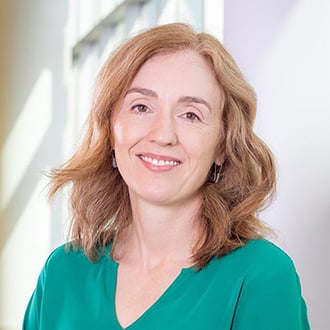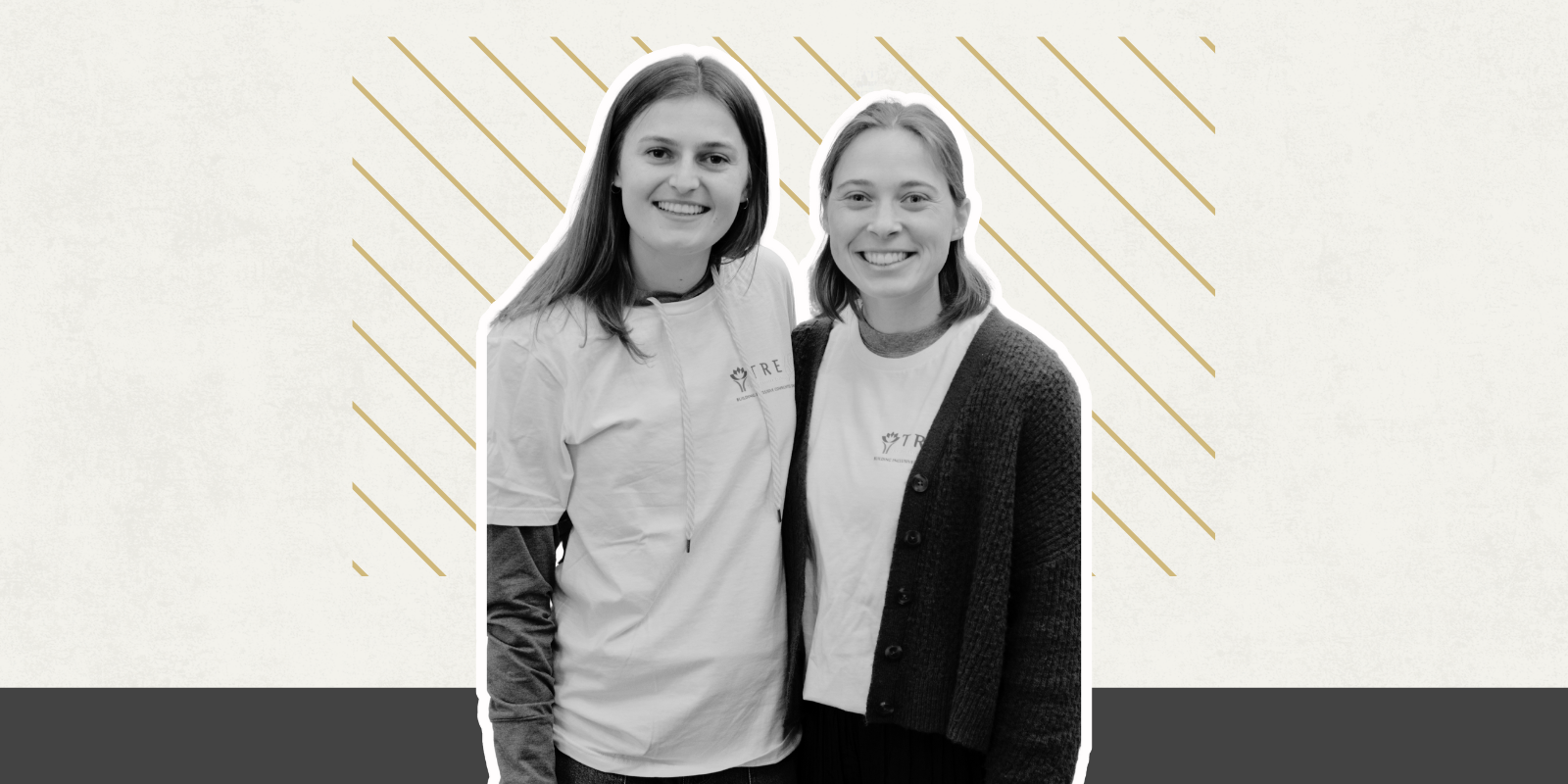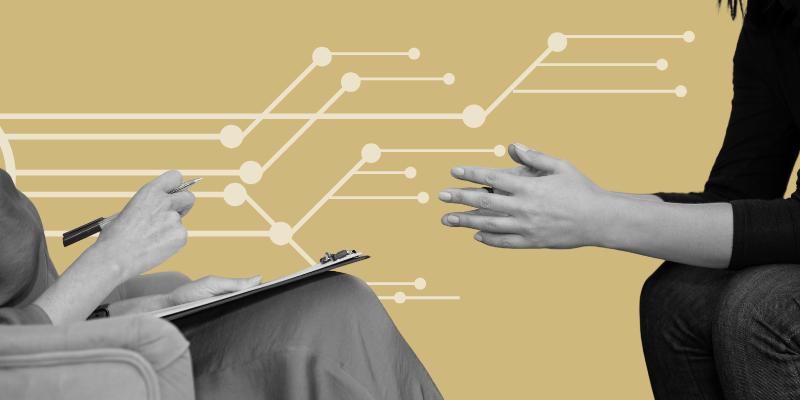In an effort to make it easier for those experiencing a mental health crisis to get help immediately, the federal government in July launched the 988 Suicide and Crisis Hotline. The simple three-digit phone number works like 911 to connect callers with trained mental health professionals in their area.
“It's not just about encouraging help-seeking, which is definitely part of it; it's also about trying to match people to the resources they really need,” says Emmy Betz, MD, MPH, professor of emergency medicine at the University of Colorado School of Medicine. “When you call 911, it results in dispatch of police or EMS. The hope is to have a better experience for people who need behavioral health crisis support.”
The shorter, nationwide number is easier to remember for providers as well, making it easier for them to recommend the service to patients as they leave the ER.
“It makes it simpler, for the folks that we send home, for us to say, ‘If you’re having trouble, call this number before you come back to the ER.’” Betz says. “It’s a real opportunity for us to think about what we’re providing patients with as they leave the ER, as well as to rethink the care we’re providing for people with mental health issues.”
Creating a better experience for all
Betz, who sees suicidal patients in the emergency room every shift she works, says while emergency responders to 911 calls are trained to handle mental health crises, the presence of police cars, ambulances, or uniformed officers can often escalate a situation.
That can especially be the case in communities of color, where community members may have had negative experiences with police officers and other emergency responders. A dedicated, easy-to-remember phone number for mental health crises, Betz says, will hopefully make it more likely for those communities to get the help they need and to minimize the potential negative effects of police and EMT response.
“My hope is that 988 gets people the help they need, but it also avoids unnecessary ER visits or police interactions with people who didn't really need that,” she says. “They need a connection to services, but this does it in a way that is a better experience for them. It may also be better for the system, if it reduces ambulance or emergency room utilization when not needed."
Statewide response
In Colorado, 988 calls and texts — which are routed by area code — go to the Colorado Crisis Hotline, run by Rocky Mountain Crisis Partners. That organization is well-trained in dealing with mental health crises, as Colorado has the seventh highest suicide rate in the country, Betz says.
“It's ironic, because we think of ourselves as this super-healthy, happy state, but we actually have a lot of challenges,” she says. “The pandemic was particularly hard on youth, so there's a growing concern about youth suicide risk and mental health issues.”




